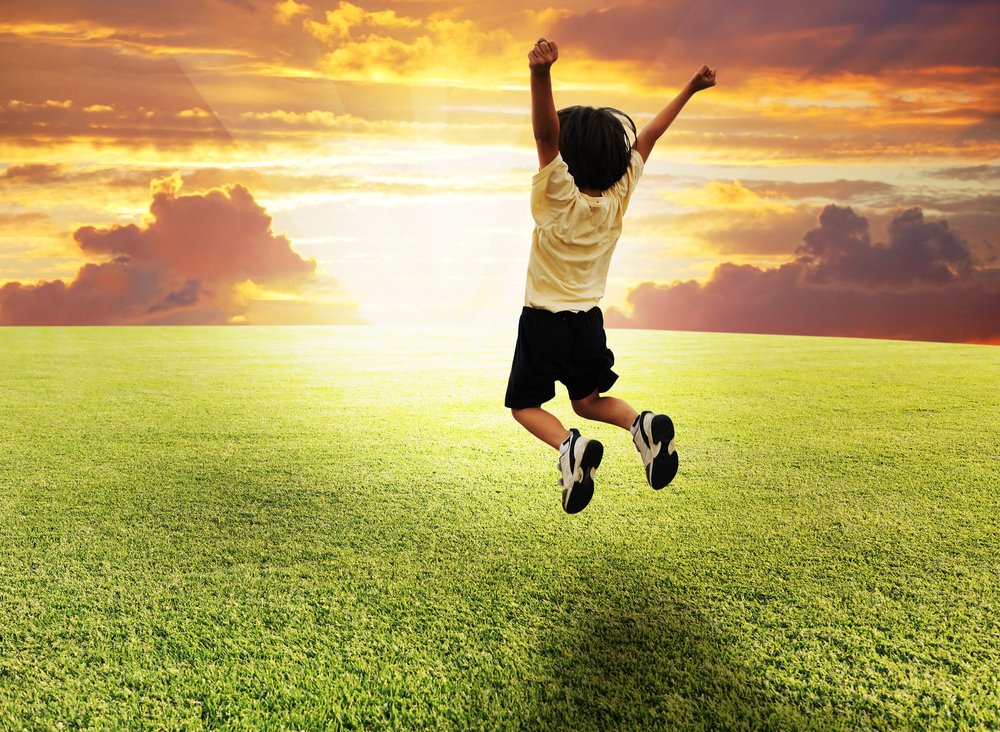As a divorce attorney, who has been practicing for over 40 years, I know the devastation that a divorce or dissolution of marriage can have on the family. Most of us are also aware from television, Social Media, or the news about celebrity divorces that turn nasty. We also have friends, relatives and coworkers who have undergone highly acrimonious divorces. Consequently, it may be difficult to imagine when a divorce might be helpful to children.
Nevertheless, there are several ways in which a divorce can beneficially or positively affect children and they include:
- THE REMOVAL OF ABUSE. Unfortunately, parents can be abusive to one another as well as to their children. The removal of children from such toxic environments is obviously beneficial to them in several ways.
- MORE RELAXED. A couple who is about to divorce live in a home environment that is filled with tension. No matter how civil the, soon-to-be divorcing, parents may attempt to act to one another, their children know that something is not right. When tension dissolves out of their home environment, kids become more relaxed. Not unlike barometers, children’s behaviors would often coincide the level of tension in the atmosphere of their homes. Once the split occurs, the tension intensity in the environment fades and children’s behaviors become more relaxed.
- MORE RESILIENT AND ADAPTABLE. Children of divorced couples grow up having to develop coping strategies that their non-divorced parents’ peers do not encounter until years later, if they encounter them at all. In addition, children of divorced parents become more adaptable to varying lifestyle situations. They transition successfully and regularly between mom’s house and dad’s house. The homes of their respective parents may have different rules and different expectations. Children of divorced parents are placed in a situation where they develop coping strategies to deal with physical and psychological space and rule changes.
- EMPATHY. The change that a divorce produces in their families, make some children of divorced parents more sympathetic to the problems of others. When their peers have family problems, the children of divorced parents can relate to those problems.
- SELF-SUFFICIENCY. Both divorced parents are often working fulltime after the breakup. Under such circumstances, children become more self-reliant. Many children of divorce often return home from school or afterschool activities before their parents return from work. They learn to “fend for themselves”. Often, they start doing chores, fixing their own meals, or otherwise helping out more around the household than their non-divorced peers.
- MODEL BEHAVIOR: When a divorced parent models to their children that they deserve to be in a satisfying supportive relationship, then they are showing their children not to settle for an unhealthy or unhappy marriage. After a divorce, eventually divorced parents begin new relationships. Consequently, children witness their parents being happy on their own or finding a better partner, both of which provide excellent modeling opportunities for children. Children of divorced parents can benefit by watching, their parents’ independence or new positive relationships. Either way, this type of modeling benefits children greatly.
- BETTER PARENT/CHILD RELATIONSHIP. With shared custody/timesharing, children from divorced parents have an opportunity to experience each parent as a full and confident parent. In non-divorced households many times some parents are just “present.” They are there, but they are not interacting in a meaningful way with their children. When both parents are together, one of them takes on the majority of the nurturing or parenting tasks. After a divorce occurs, children will have each parent focusing completely on them when the children are experiencing their visitation/timesharing with their respective parent. They have the opportunity to learn about their parents on a deeper level than their non-divorced peers because they spend so much time with each parenting individual.
- THE IDEAL OF MARRIAGE IS NOT TAKEN FOR GRANTED: Having observed the effects of the divorce upon their parents and their subsequent lifestyles, children from divorced parents have a heightened understanding as to the importance of the stability of the marriage and are likely to be of more conscientious thoughts. Children of divorced parents learn the importance of waiting before making a commitment to another person.
- CLOSER RELATIONSHIPS WITH THEIR SIBLINGS. Divorcing children often find their relationship with their siblings become stronger. No one knows better than their sibling what they are going through when their parents’ divorce.
- LEARNING TO COMMUNICATE BETTER. Most children of divorced parents end up living in two different households. Those children need to learn ways to communicate with each parent in order to ensure that their needs are met and that their parents’ expectations are satisfied.
- LEARNING TIME MANAGEMENT AND ORGANIZATION SKILLS. Going back and forth between two households is one of the biggest complaint children of divorced parents have. Because children are regularly traveling back and forth between their parents’ respective homes, they learn very quickly how to keep track of their things as well as their time.
Many people believe that divorce can only have a negative impact on children’s lives. What is most important to remember is that it is not always possible for children to grow up in a household with two happy parents who are able to work together in positive ways to make the marriage last. I believe that when parents cannot achieve the above their children would be better off living with two happy parents in two separate households instead of living with two unhappy adults under the same roof. Divorce CAN be beneficial to children. Contact us today to schedule a consultation with a divorce attorney.


